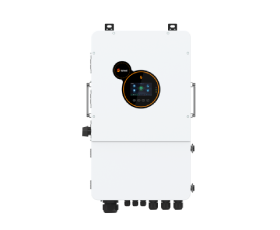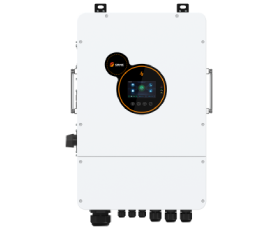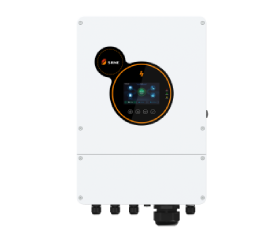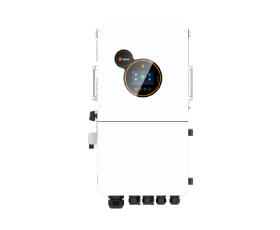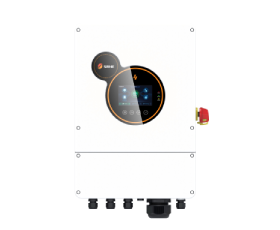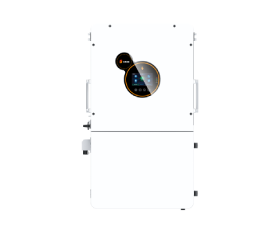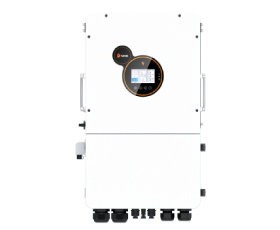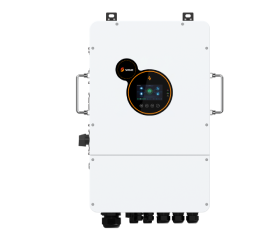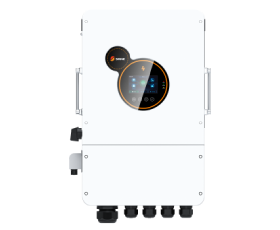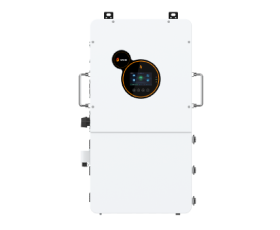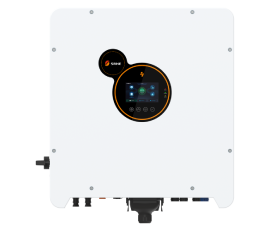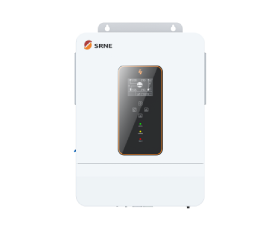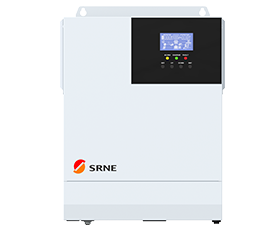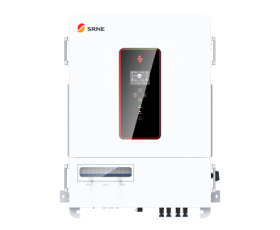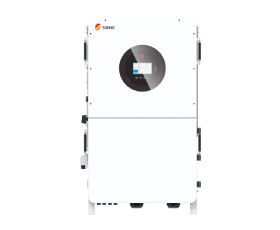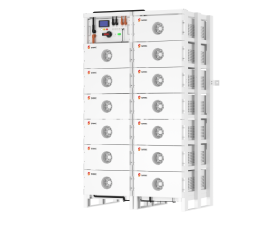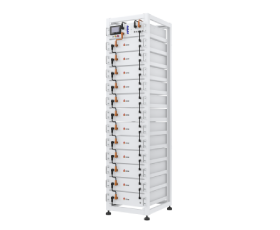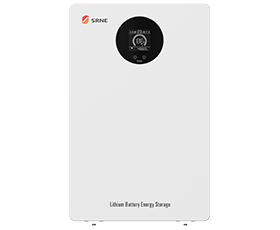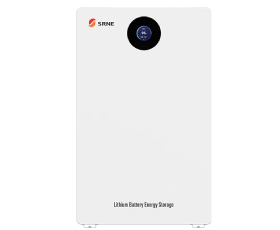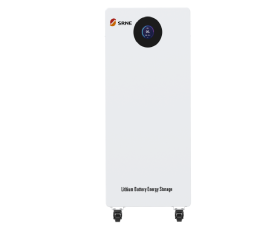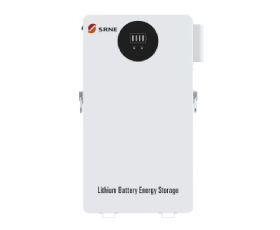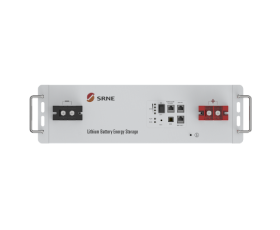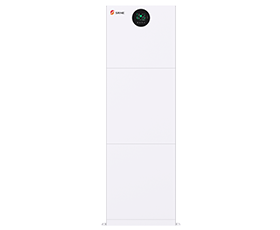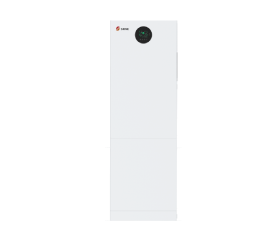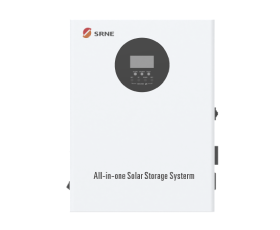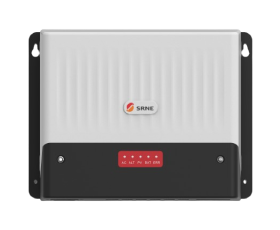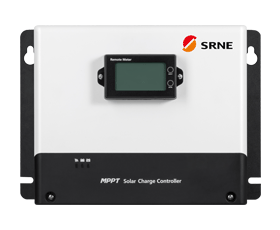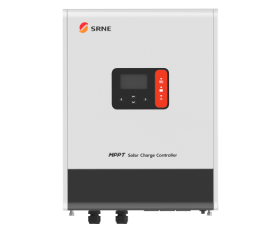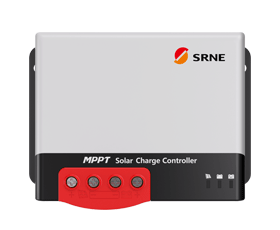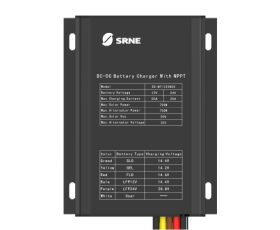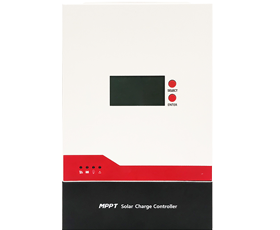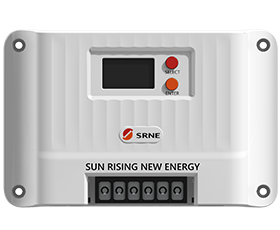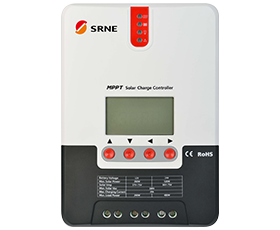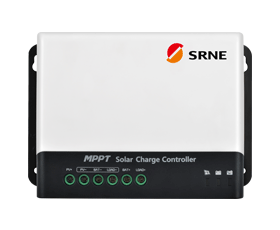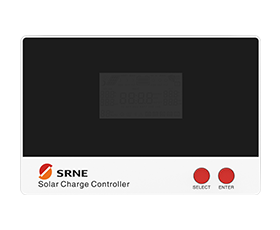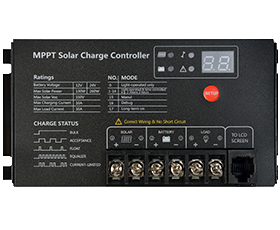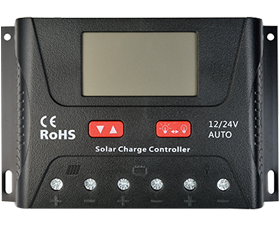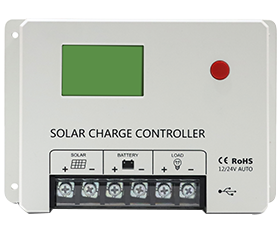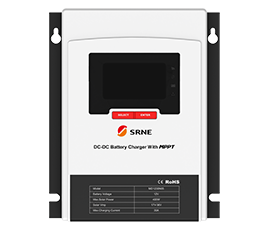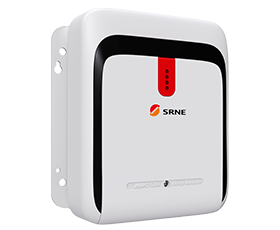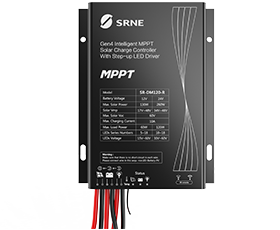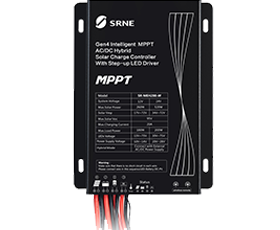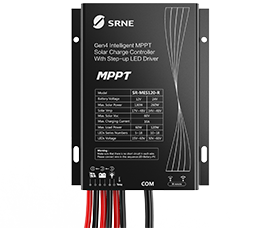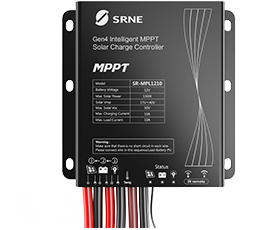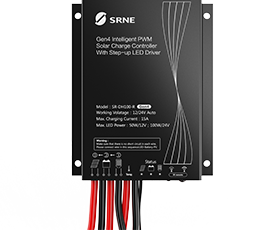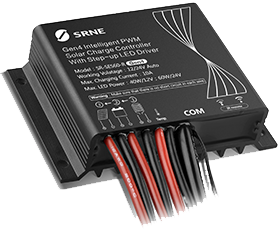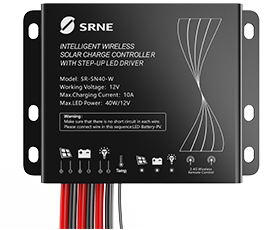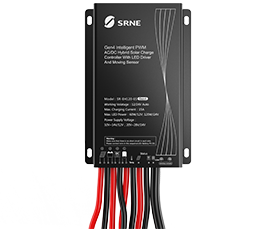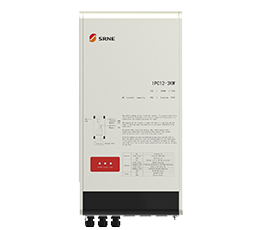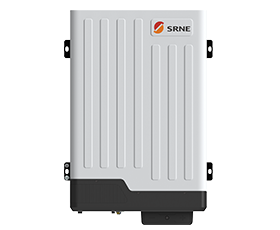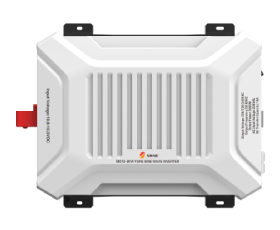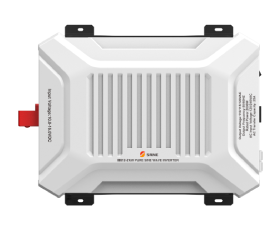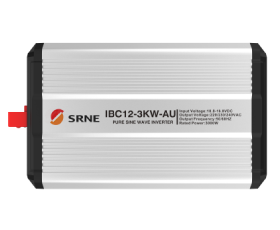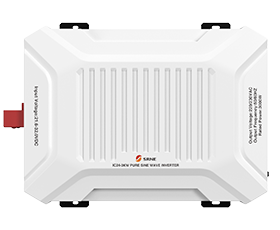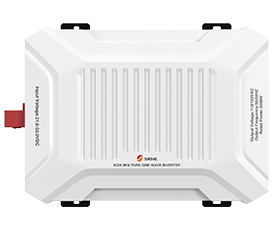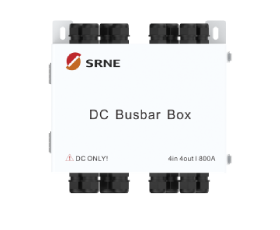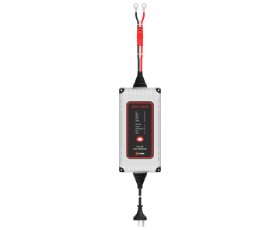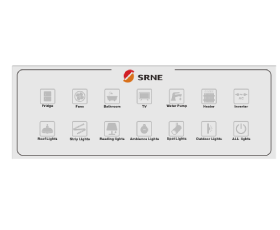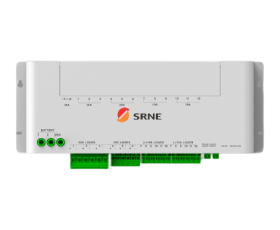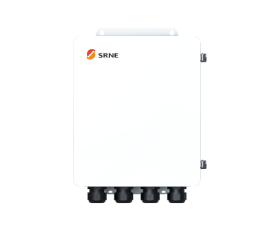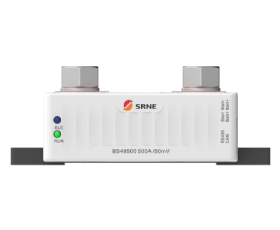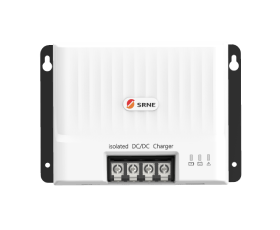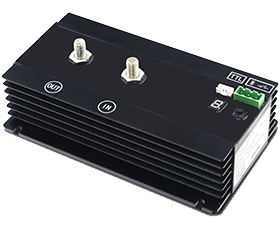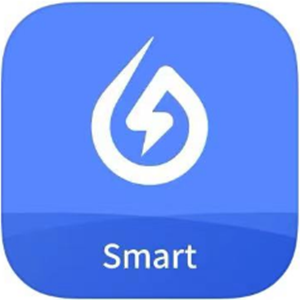6 Factors That Affect The Efficiency of Your Solar Panels
The awareness of people and government toward the use of renewable energy for electricity generation has increased the application of solar power systems to power houses and offices. As an essential part of solar power system, the efficiency of solar panel greatly affects the system performance. But how efficient are the solar panels that we use to power residential homes?
Most figures indicates that solar panels are roughly between 15% and 18% efficient, which means that 15% to 18% of the sunlight they absorb is converted into electricity.
There are many different factors that will affect how efficient your panels are. The following are six of them.
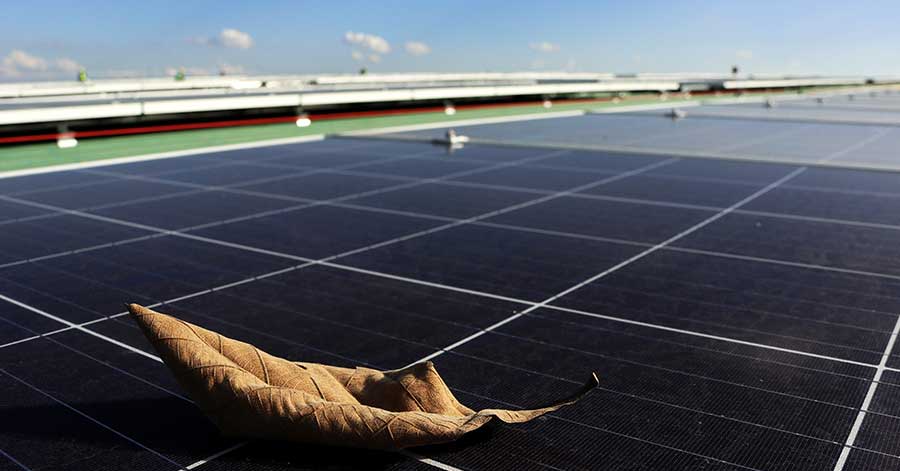
Solar Panel Age
Generally, solar panels will work for 25 years or so before they start to show signs of slowing down. And even after that, they won’t just stop producing electricity---they might just operate at a lower efficiency. Not only are new solar panels going to be more efficient than old ones, but they’re also more efficient than used ones because solar panels lose a little bit of efficiency every year they’re used. Your panels will likely still work great as they get older, but they won’t be quite as efficient as when they were new.
Roof Orientation
The biggest factor affecting solar panel performance is orientation (ie the direction your roof is facing.) Panels on south-facing roofs generate more electricity because they catch the sun for longer and more directly than any other orientations. But that’s not to say that other roof orientations are useless for power generation. And, as can be seen from most figures, all roof orientations, including north-facing can offer economical results if carefully installed at the right pitch.
Solar Shadings
Solar panels are very sensitive to solar shadings. Total or partial shading conditions have an important impact on the capability of delivering energy and may result in lower output and power losses. Cells in a solar panel are usually connected in series to get a higher voltage and therefore an appropriate production of electricity.
But when shading occurs, this structure presents some limitations. In fact, when a single solar cell is shaded, the current of all the units in the string is determined by the unit that produces the least current. When a cell is shaded, the whole series is virtually shaded too. To prevent the loss of energy, the installation usually includes bypass diodes.
Bypass diodes are wired in parallel to the solar cells. When a solar cell is shaded, the bypass diode provides a current path that allows the string of connected solar cells to generate energy at a reduced voltage.
Weather & Climate
Extreme weather conditions can affect the performance of solar panels considerably. It is known that the solar panels work optimally under specific temperatures. There is a misconception that high temperatures increase the efficiency of solar panels. On the contrary, this can damage and even reduce the performance of your system.
Snow can also bury the system and reduce the total power output. However, snow can improve efficiency as long as it does not block the panels. Because of its bright appearance, the snow has high irradiance, which increases the amount of sunlight that strikes the solar cells.
Temperature
Solar panels generally work best at low temperatures. Higher temperature causes the semiconductor properties to shift, resulting in a slight increase in current, but a much larger decrease in voltage. Extreme increases in temperature can also damage the panels and other module materials, leading to a shorter lifespan. Since much of the sunlight shining on panels becomes heat, proper thermal management improves both efficiency and lifespan.
Maintenance Practices
Solar panels are very durable, which generally last for 25 years. However, cleaning solar panels is important to maximize the amount of light available to turn into electrical power. Making frequent physical inspections can help solar panels absorbing light effectively. You should also ensure there is no blockage from the snow. Low solar system maintenance may reduce the lifespan of the panels.
The efficiency of solar panels impacts the payback period and energy independence. Therefore, you should ensure the system is in top condition to avoid any unnecessary disruptions. On efficiency of solar panels during cloudy days, if in good condition, you are supposed to get around 25% of the total capacity. For example, an 8 kW solar system should produce approximately 2 kW during cloudy days.
Conclusion
The above introduces six factors that affect the efficiency of solar panels in details. It is important for users to know about these factors and learn to increase the efficiency of their solar panels so that they can get more powers and save costs.



















